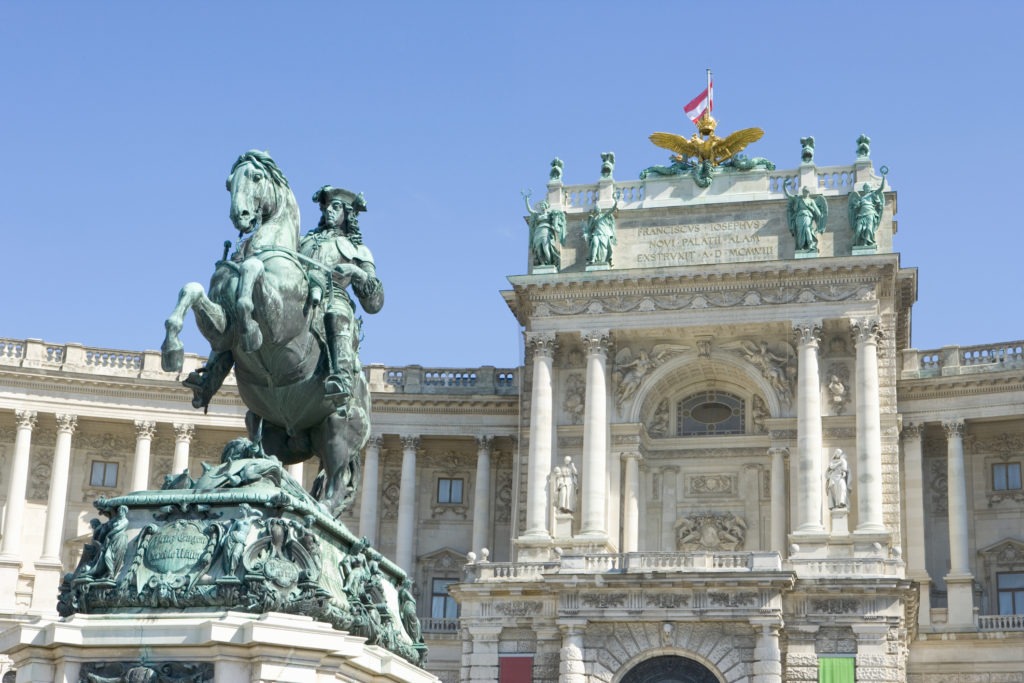Austria announces diesel software retrofit program for 600,000 vehicles
23 August 2017

23 August 2017
Austria’s transport minister Joerg Leichtfried has announced a deal with vehicle manufacturers to update the software of around 600,000 cars to reduce their emission levels, in a similar deal to the one struck in Germany during August 2017.
With around 5 million passenger vehicles on Austria’s roads, the number of vehicles subject to the recall is highly significant. The software update is also the first indication that manufacturers may be in a position to offer their German software upgrade solution to the rest of Europe.
Volkswagen (VW), Daimler and Renault will undertake the software updates, with BMW possibly joining in at a later date. Renault is not currently offering a software update in Germany, but is involved in a rebate scheme together with several other manufacturers, including their German counterparts.
Austrian Federal Minister for Transport, Innovation and Technology Jörg Leichtfried said the deal also included extra payments to buyers of more environmentally friendly cars. He said that for potential buyers of electric cars all available financial help could add up to around €10,000 per vehicle. It is expected that other manufacturers in the country, while not offering software updates, will become part of the incentive scheme.
The exact amount of incentives, which will come in addition to existing government offers for lower-emission vehicles, will be decided and paid by the carmakers depending on the model of the vehicle exchanged for an old car, the spokesman of Austrian car importers association Guenther Kerle said.
The Transport Ministry said representatives of Mercedes-Benz, BMW, Kia, Ford, Renault, Porsche, Volkswagen, Audi, Seat, Skoda, Hyundai, Mitsubishi Motors and Opel attended the meeting.
The package of measures is the prelude to a broader environmental strategy, said Leichtfried. ′I want to make traffic clean and affordable, and everyone has to pull it together.’ He added: ′I do not conceal the fact that I consider technical retrofitting necessary to bring down the pollutants in the long term.’ He also added that he wanted to create incentives to allow only zero-emission vehicles to be newly registered from 2030 onward, in a move similar to those made by both French and UK governments.
There have been concerns that software updates could cause issues with vehicles on which they are implemented, based on complaints by drivers of VW vehicles that have undergone the procedure to remove the ′defeat device’ software installed on vehicles as part of the Dieselgate scandal. However, the recall could be made mandatory, similar to a move in Germany which suggests that those vehicles that have not undergone a diesel fix could be deregistered until they do.
The move for retrofitting vehicles in Austria, similar to the scheme in Germany, makes perfect sense for automotive manufacturers. VW, BMW and Daimler have developed software that will improve the emission profiles of Euro 5 and Euro 6 vehicles and have spent their own money on the research. The recent diesel forum in the country discussed the costings for the recall program. However, as the manufacturers have the software available, it makes sense for them to use it on more vehicles across Europe. This will aid air pollution in cities and could avert bans on diesel vehicles entering them, while also improving the profile of the manufacturers involved, and the diesel engine in general, which has taken a real bashing in the media and with various governments on the continent.
In Germany, around 5 million vehicles will be subject to the recall, however Renault is not a part of this, so its involvement in the Austrian program could lead to its participation in the German market voluntary recalls.
The Austrian software update, which would take until spring next year and which carmakers say can reduce toxic NOx emissions by 25-30%, is the same as in Germany, Kerle said. However, critics of the German plan have said software updates would only result in a cut of about 2-3% of emissions.
Leichtfried and Kerle said there was no agreement on hardware updates, but that this would be discussed at future meetings.